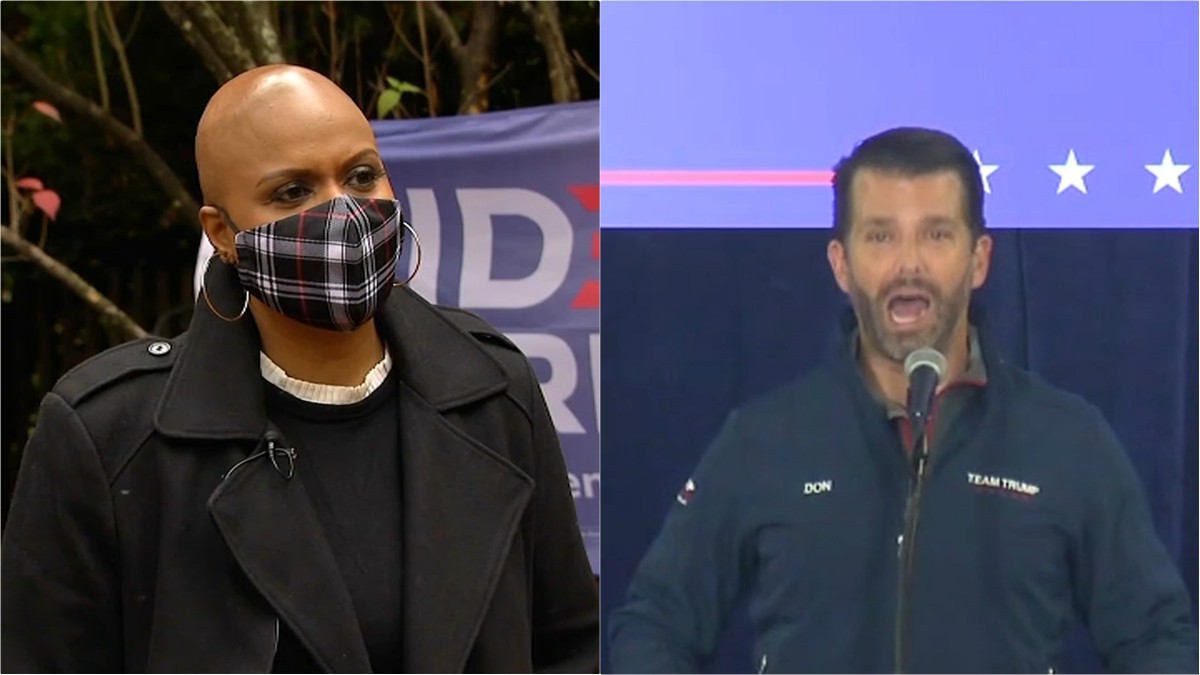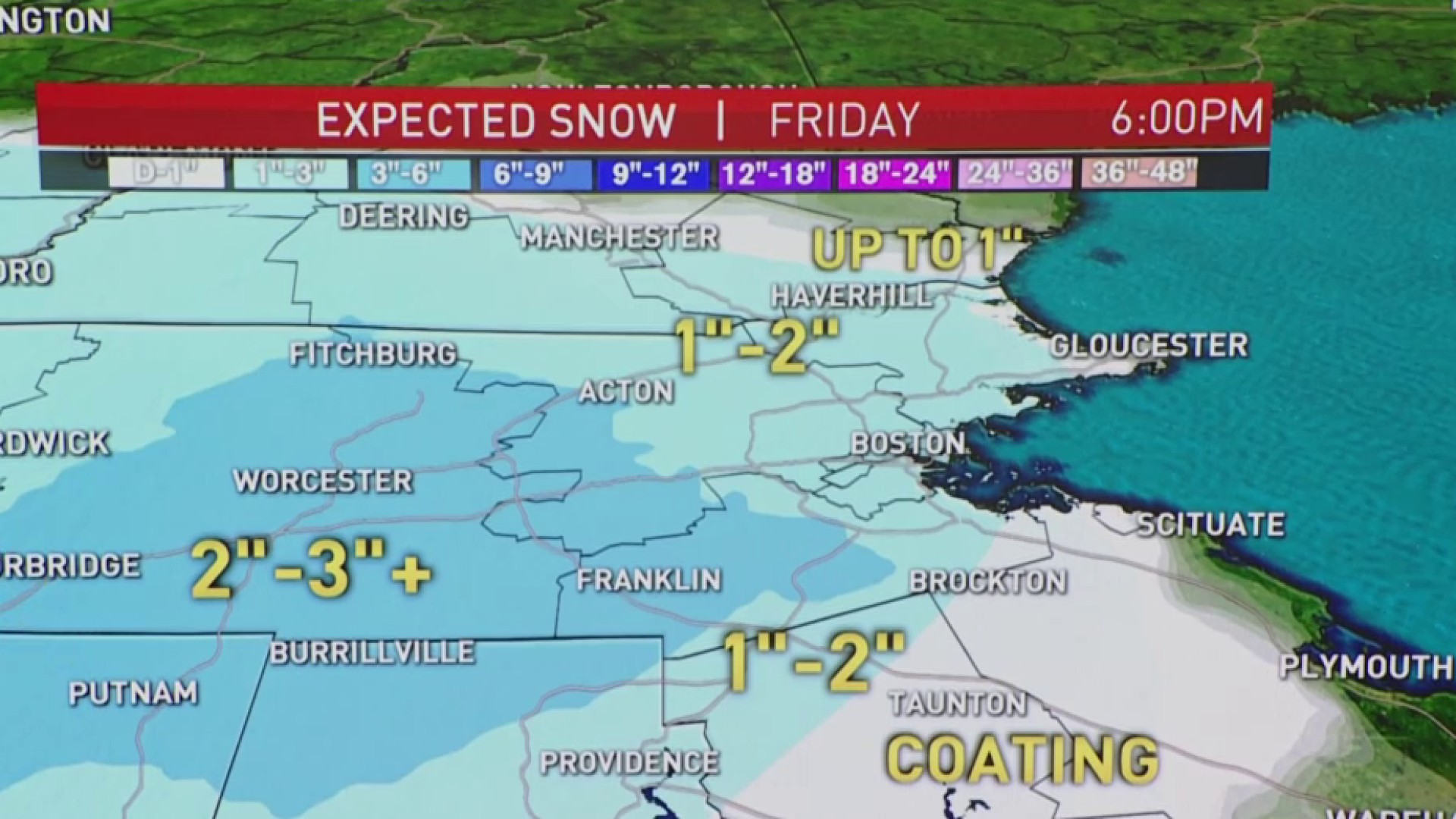Health care workers at Beth Israel Deaconess Medical Center say they're prepared for a second wave of the coronavirus -- one that will look different than the first.
"We are certainly way more prepared than we were the first time around when we talked about it coming in like a tidal wave," chief nursing officer Marsha Maurer told NBC10 Boston. "We talk now about it as a rising tide.”
Get top local stories in Boston delivered to you every morning. Sign up for NBC Boston's News Headlines newsletter.
BIDMC has spent months stocking up on personal protective equipment including masks, gloves and hand sanitizer. They’ve been able to build a supply of N95 masks. The facility is also equipped with social-distancing measures including plexiglass, even in the cafeteria, to protect patients and staff.
While daily case counts across Massachusetts above 1,000 are concerning, Maurer said that the increase in hospitalizations has been more gradual.
"That’s a slow growth," Maurer said. "We don’t have a lot of coronavirus patients in the hospital - nowhere near what we had in April and May and we’re hoping to keep those numbers down and I think there may be reasons to think it will look different."
Meanwhile, Massachusetts health officials released the latest weekly community-level coronavirus data Thursday, which shows that more than one-third of the state's 351 communities are now considered at the highest risk for transmitting the virus.
The update, which includes a town-by-town COVID-19 risk assessment map, shows vast swaths of red, marking the 121 high-risk communities, an increase of 44 from last week.
While 10 communities moved out of the zone since last week's report, 15 that have consistently been in red will have to move back to Phase 3, Step 1 of the Massachusetts reopening plan.
This week's report from the Department of Public Health includes new data on COVID-19 clusters and the origins of new cases, showing nearly 3,000 new clusters have been identified since late September.



